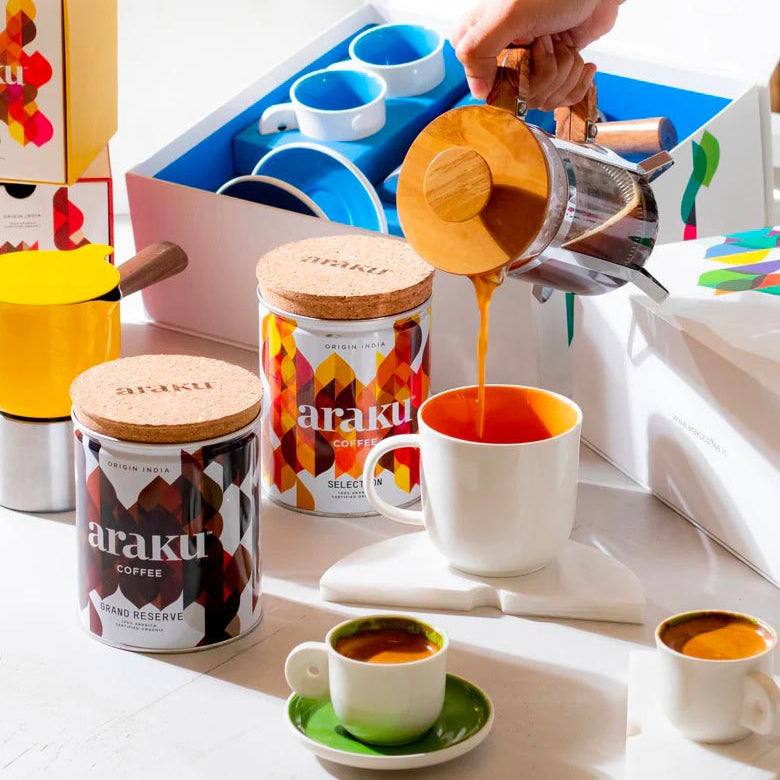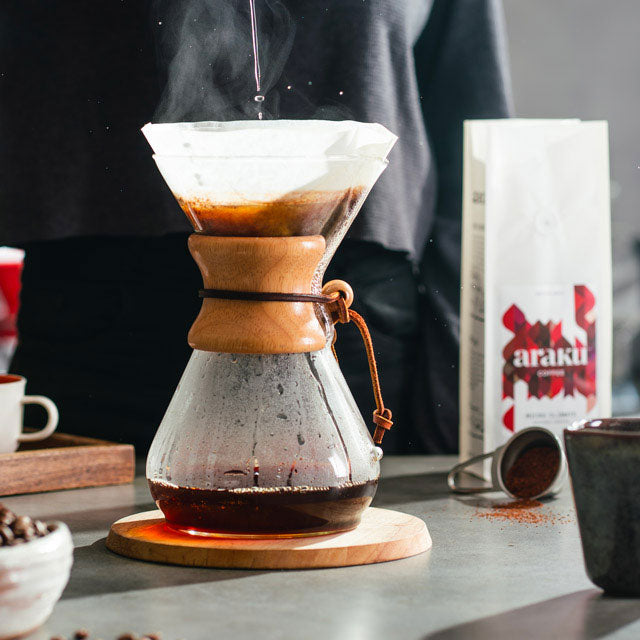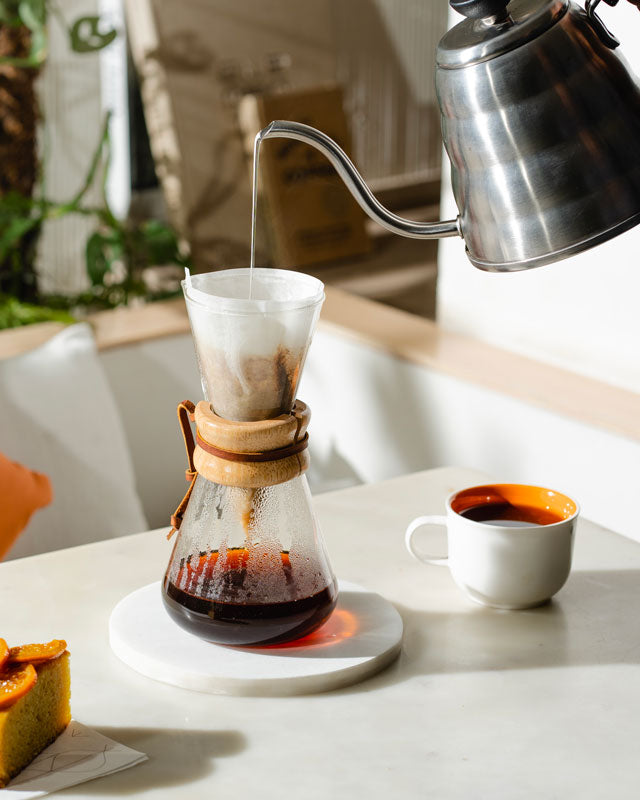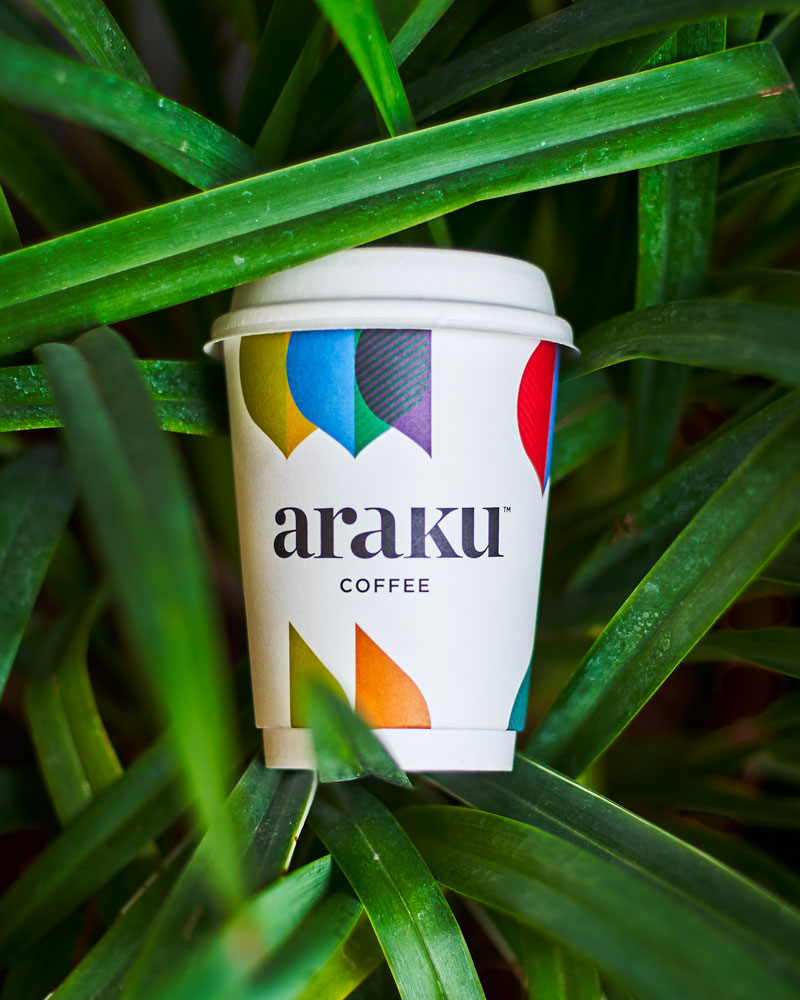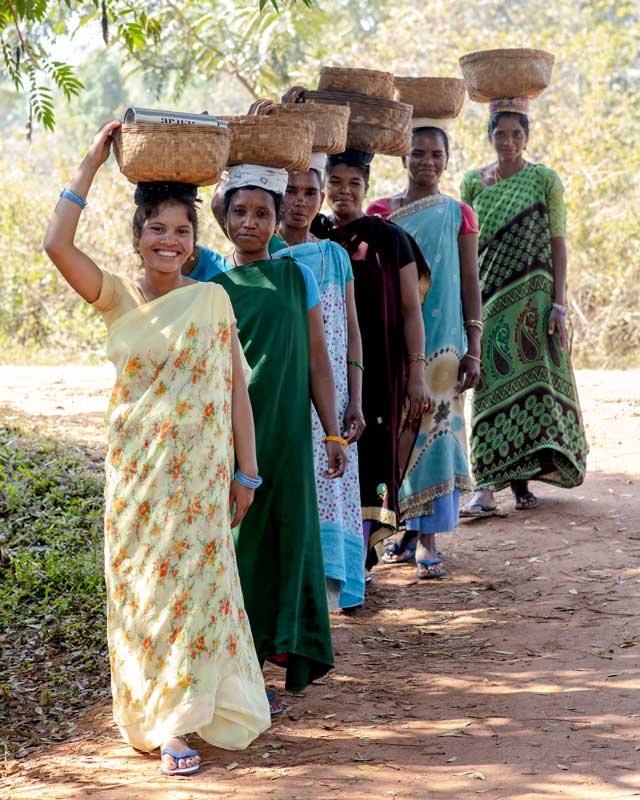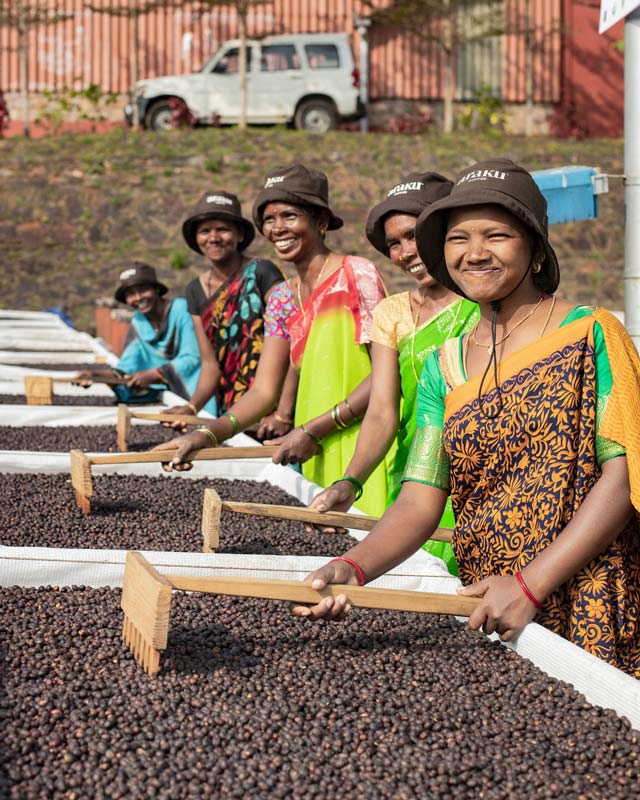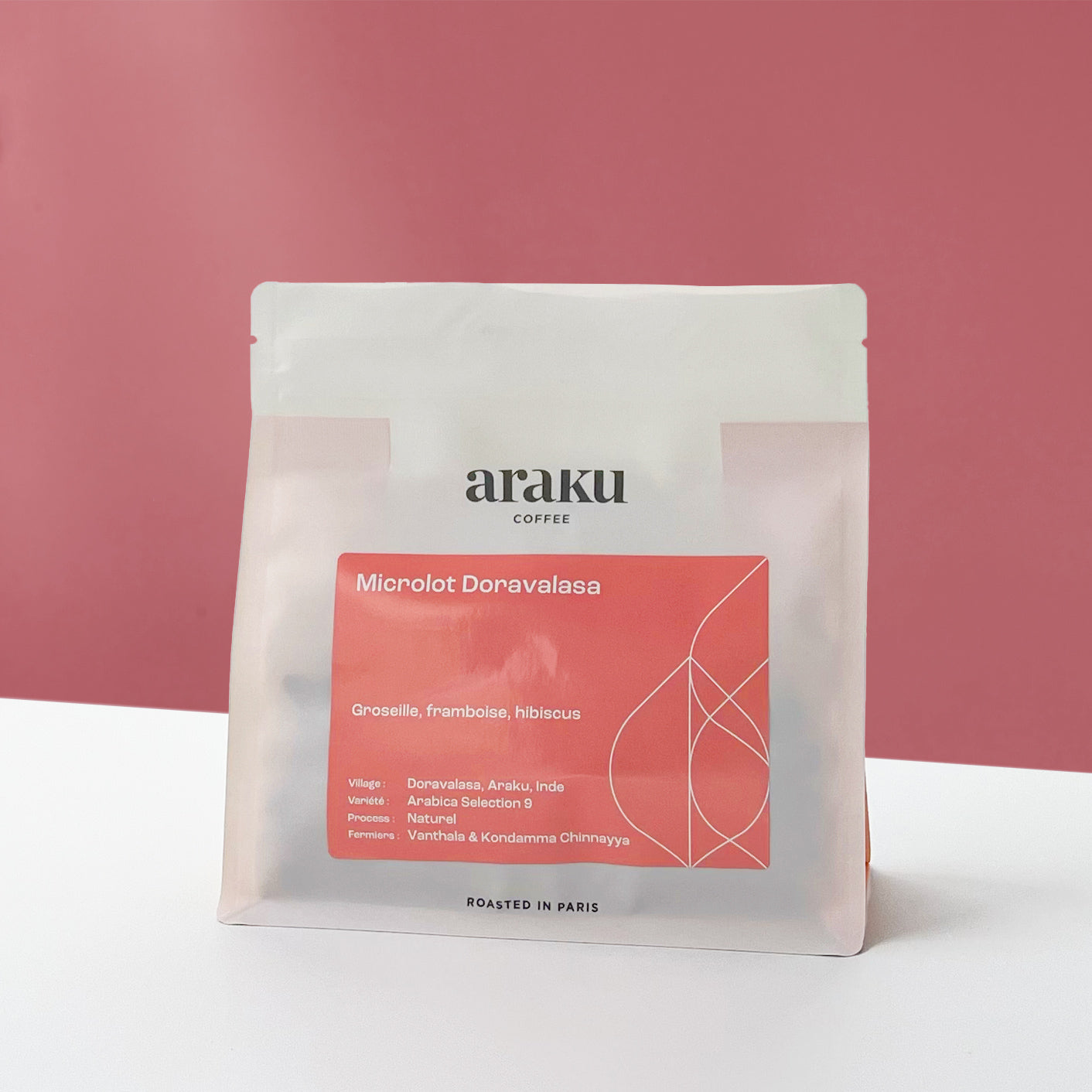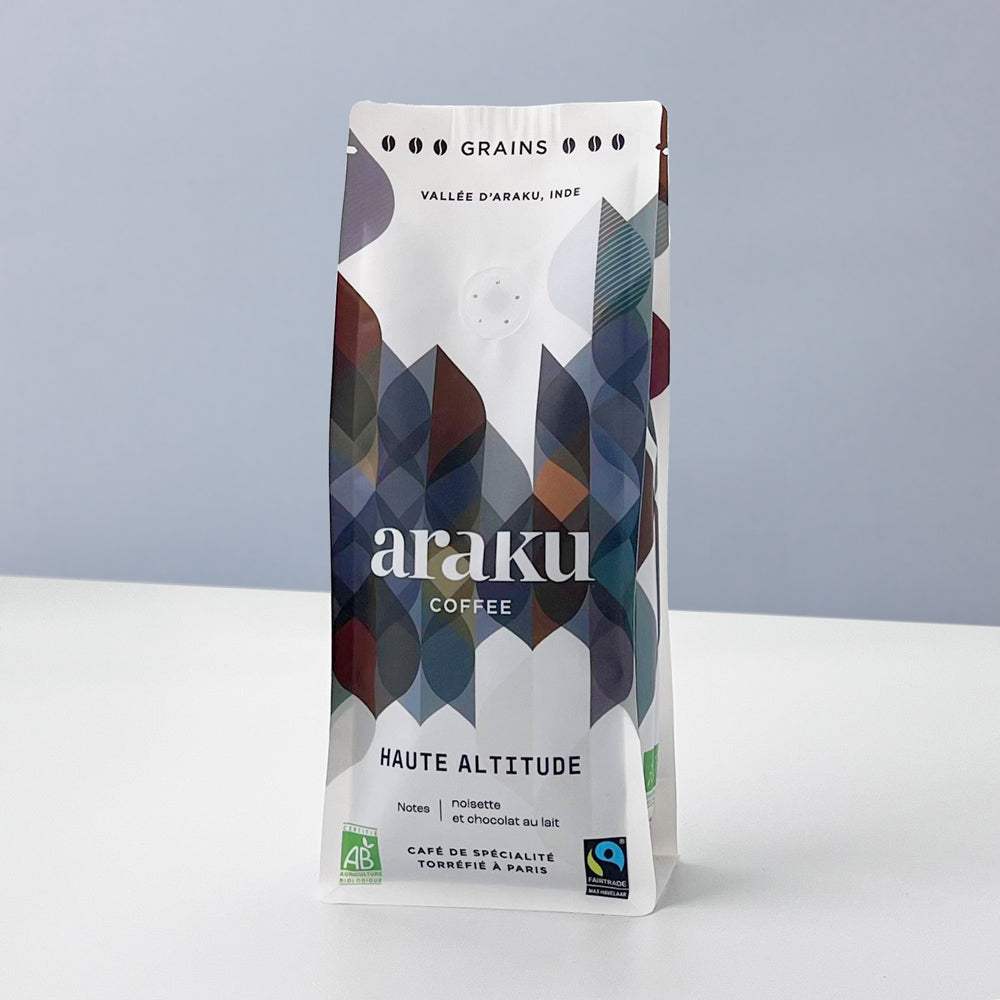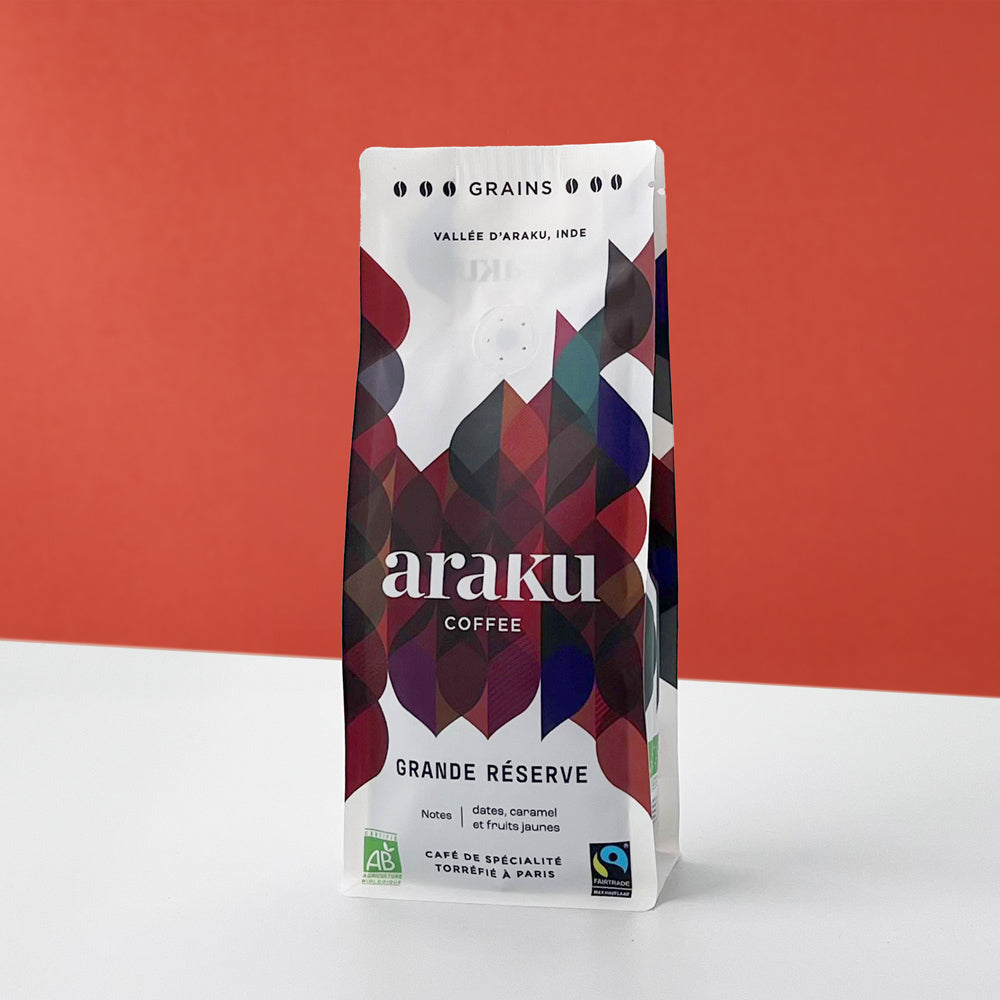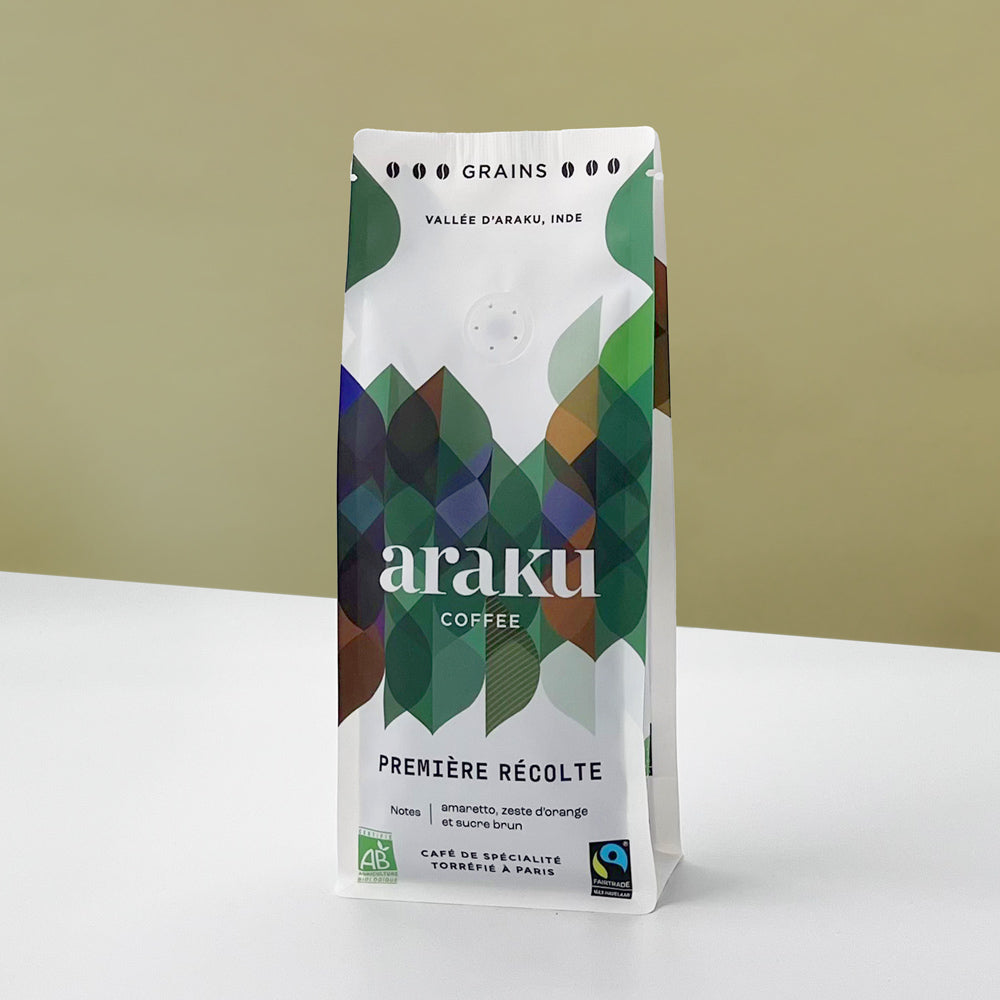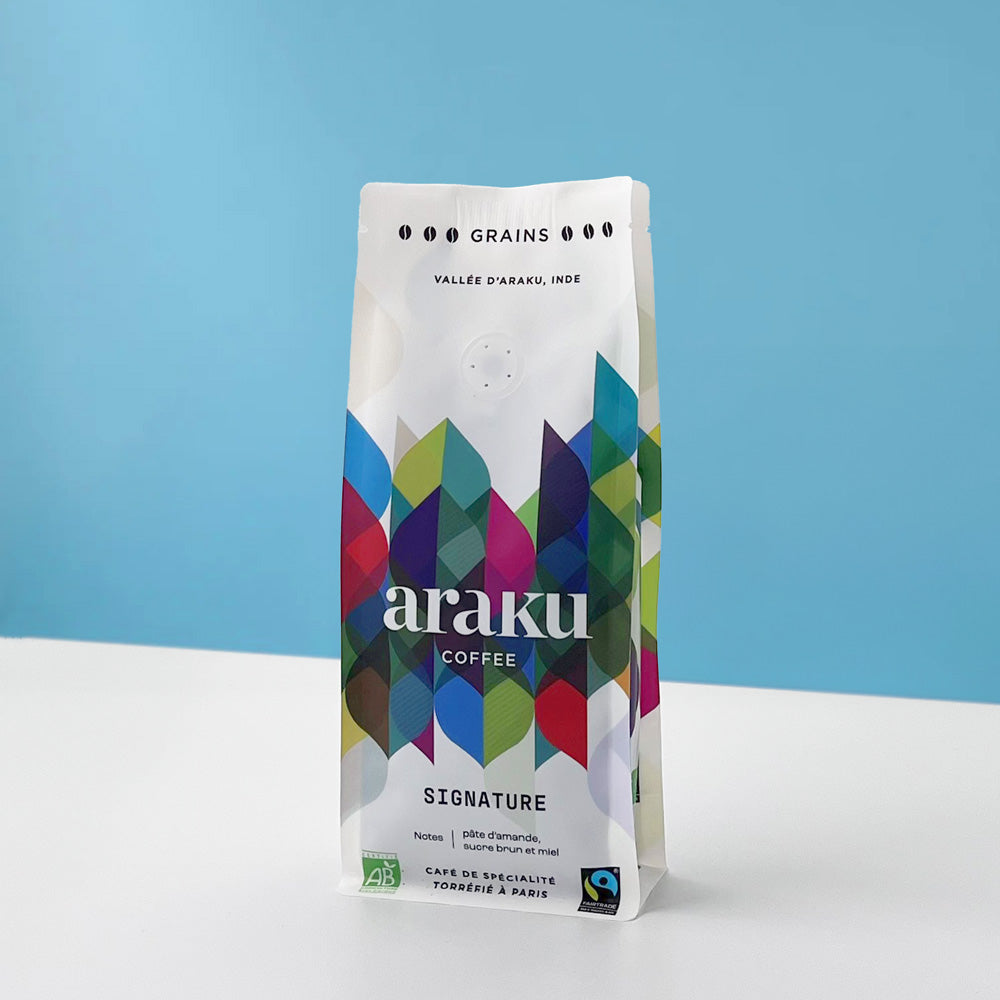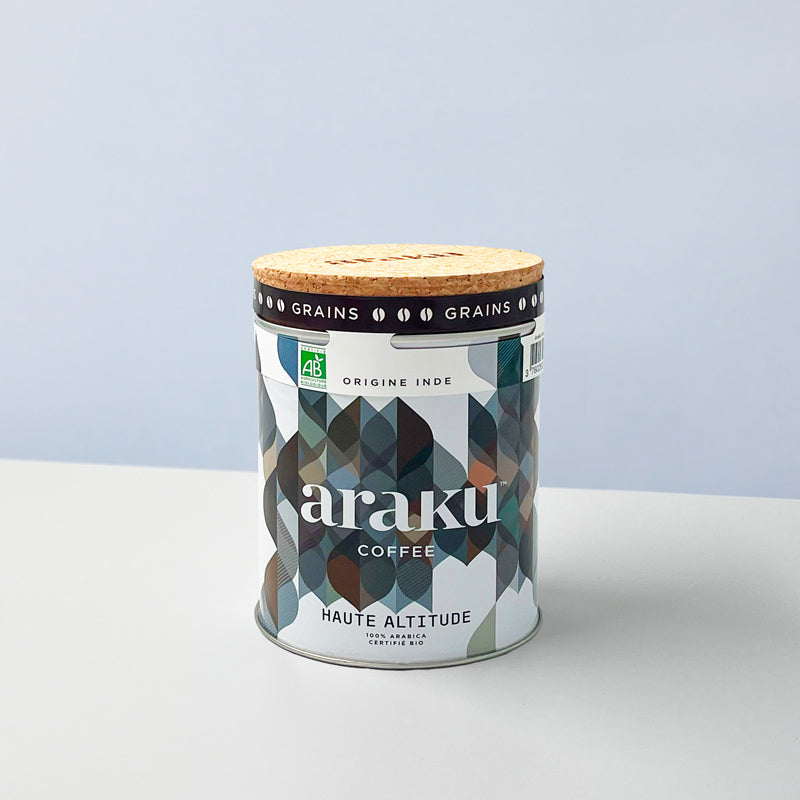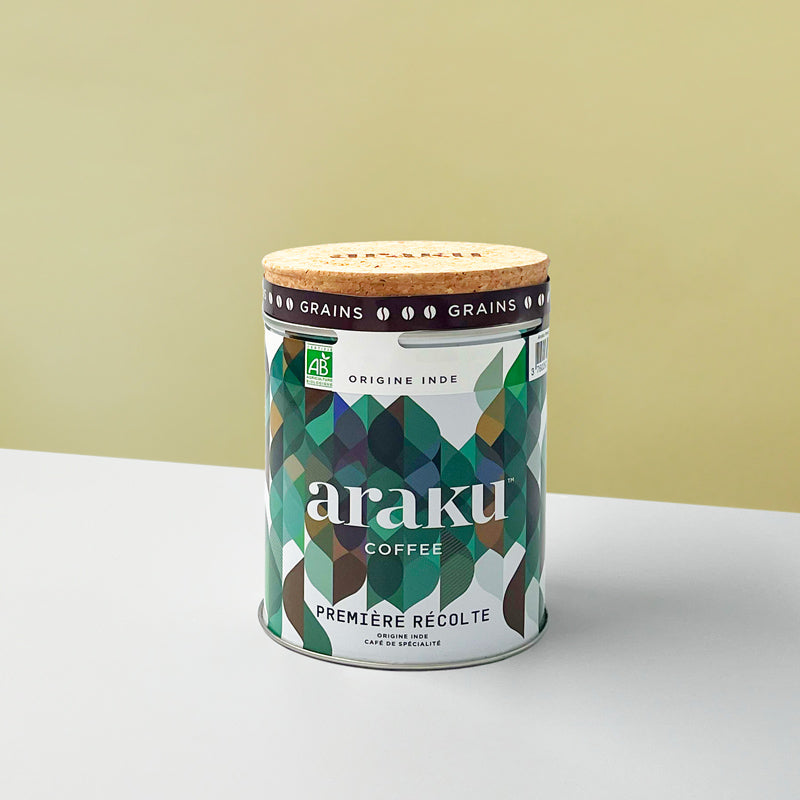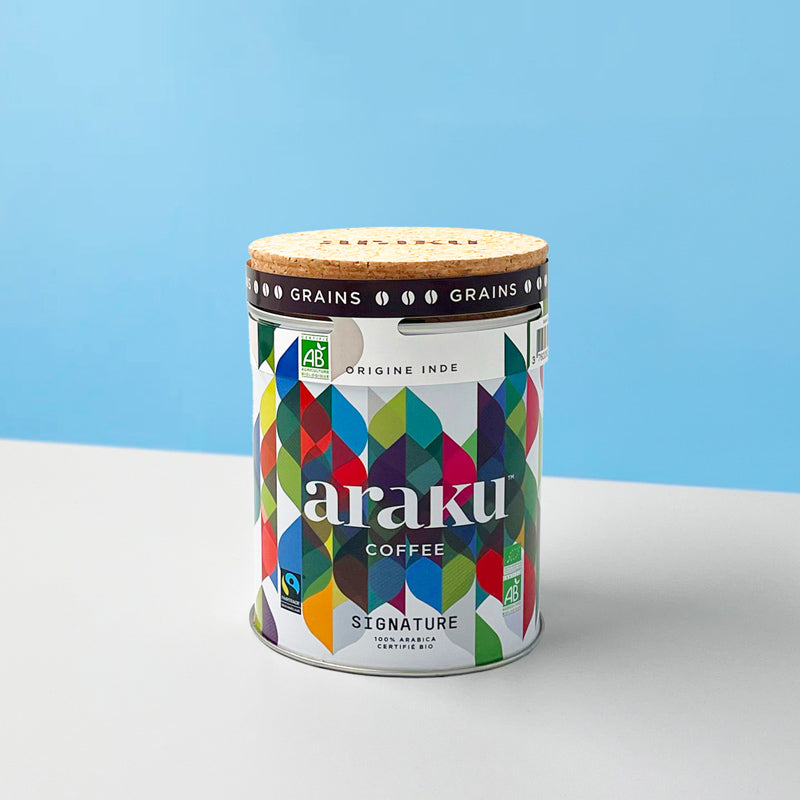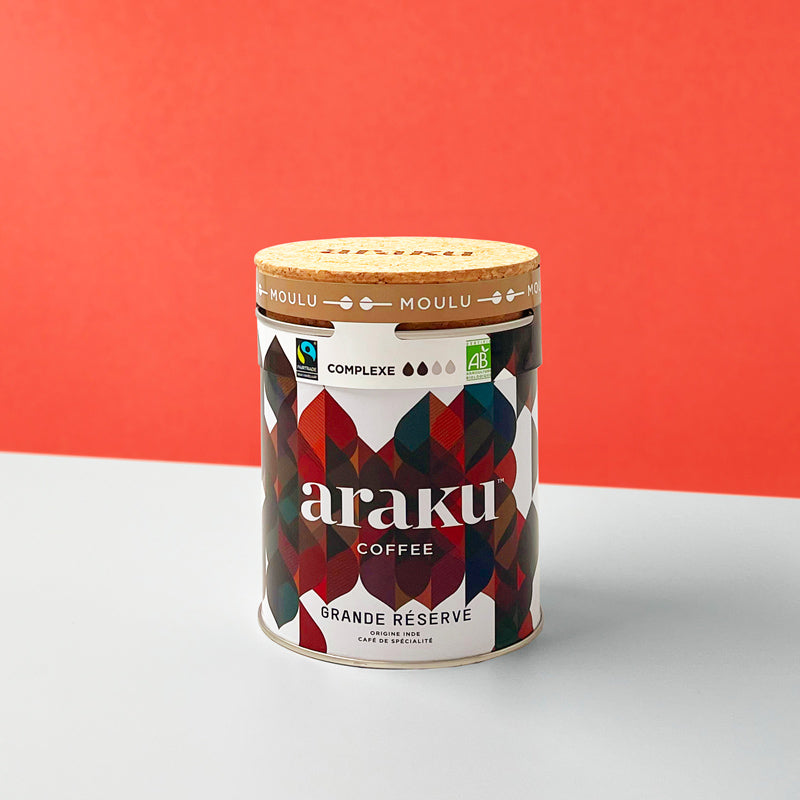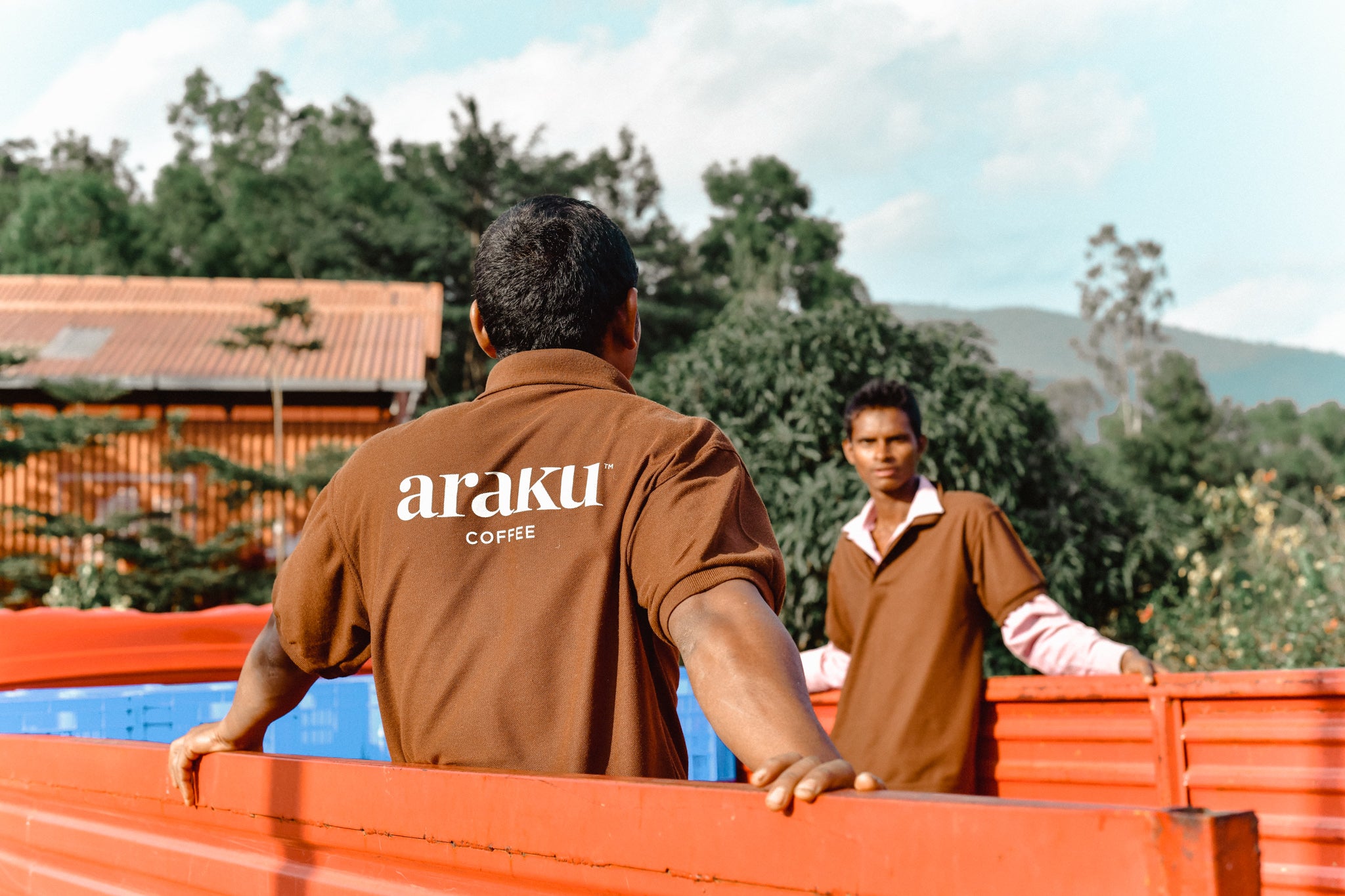What is slow coffee ?
The slow coffee method uses the principle of leaching. More simply, a slow coffee maker works by the gradual flow of boiling water through the ground coffee, placed in a filter. Here, the delicacy of the aromas, the density of the coffee obtained and its bitterness depend on several factors: the infusion time, the water temperature and the quality of the grind. So, slow coffee requires a little patience and mastery. It's a good way to give meaning to the preparation of coffee, made by hand and without electricity. Finally, the gentle method is not only economical but it has been the preferred method of baristas around the world since the rediscovery of specialty coffees around thirty years ago. It remains to be seen which manual coffee machine suits you best .
Five slow coffee makers to test gentle extraction
The French Press or French Press coffee maker: a guarantee of simplicity
During the 20th century, the French Press was perhaps THE manual coffee machine that truly established itself as a kitchen essential. The charm of this slow coffee maker? Its discreet design and, above all, its ease of use. With the French Press, you simply mix your coffee grounds with hot water, wait a few minutes, then slowly press the plunger down to separate the grounds from the brewed coffee. The prolonged contact of coffee with water allows for a high caffeine content in the cup, as well as a beautiful richness of aromas. Renowned for not losing any of the essential oils and aromas of the coffee, the French press is the manual coffee machine most often used by baristas to test pure origin coffees.
The V60: the user in control
With the V60, the “slow” side of gentle extraction takes on its full meaning. Place freshly ground grounds in the paper filter, held by a conical shape pointing downwards. Then add the boiling water. The grooves inside the cone will regulate the flow of water and thus ensure the homogeneity of gentle extraction. With a manual coffee machine like the V60, it's up to you to adjust the flow rate, the water temperature and the coffee infusion time, in order to modify the density and aromatic richness of the coffee obtained.
Chemex: the sweetness of an infusion
Close to the V60, the Chemex coffee maker also relies on slow extraction by infusion. What differentiates this slow coffee maker from the previous one is the greater thickness of its filter, which allows almost all of the sediment present in the grind to be removed. As a result, the result in the cup is significantly softer, less dense and rich in aromas.
The AeroPress: the portable solution
Easy to use on-the-go with minimal equipment, the Aeropress is campers' favorite manual coffee machine. The principle is simple. Place your ground coffee into the tube, then add hot water and stir gently. Apply slow, even pressure to extract the coffee. You obtain a result halfway between espresso and filter coffee.
The vacuum coffee maker: the most spectacular
Among the manual coffee machines, the vacuum coffee maker is by far the most surprising. Also called a siphon coffee maker, it involves a slow coffee method based on a back-and-forth system. In other words, the water passes through the coffee twice. A process worthy of an alchemist, but which requires a certain vigilance from the barista regarding the fineness of the grind and the temperature of the preparation. If you follow the rules of the art, the result in the cup is excellent!

